Nae Pasaran
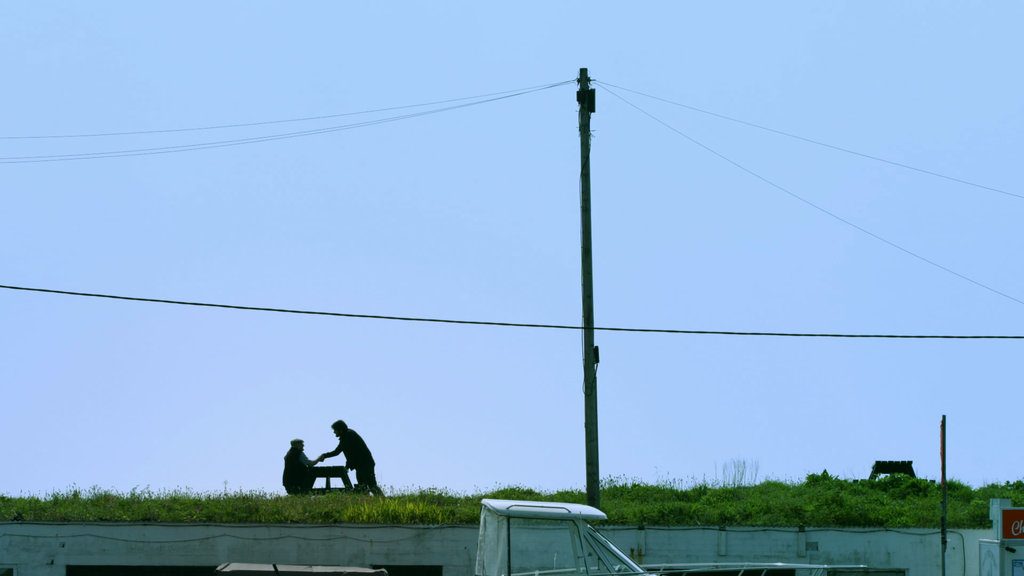
At the core of documentary filmmaking is the art of curation: a smart use and selection of materials. In Nae Pasaran, director Felipe Bustos Sierra has trawled through the archives and found a gem of a forgotten story. In 1974, a small group of Scottish factory workers refused to repair the plane engines that had arrived on their production line in solidarity with the Chilean people living under the Pinochet regime. The engines had been used to bomb the democratic parliament, and their refusal to return them to Chile made a small appearance in the news. The story has been largely forgotten since, and the men themselves never knew if their actions had any impact. Through a combination of investigative journalism, interviews and historical research, Sierra tries to answer that question.
What results is a very good-natured documentary. The spirit and sense of humour of the factory workers shines through, as does their infallible moral compass. Sierra himself is also a very likeable presence; his own relationship to the story is explored and his relationship with his subjects is clear and endearing. This is not to say that the brutal reality of this story is not explored; using contemporary interviews and archive footage, the filmmaker ensures that the horrors of this chapter in Chile’s history come through to jarring effect. The strength of the narrative and its protagonists, however, means that the prevailing message is an idealistic one of solidarity, individual defiance and stoic, peaceful resistance.
As a debut full-length feature, Nae Pasaran is a testament to an exciting new filmmaker in Sierra. He has a lot of locations, genres and narrative strands to contend with, and does so nearly seamlessly. His reconstructions are visually arresting, his interview style is honest and forthright and arrives at a true moment of journalistic discovery. The only element the director struggles with is the use of archive footage in the description of the events leading up to the Chilean coup. The use of animation and a voiceover makes the start of the film seem like a classroom aide, an unambitious beginning to what turns into an excellent movie.
This is an inspiring and moving film, a celebration of the power of local and personal resistance. What is not addressed, however, is that this was a form of union activism in a different time, tackling a different kind of threat to the ones the world now faces. As the documentary ends, a sense of uncertainty remains. Are these men and their actions a force of the past, or is there a way to bring this personal and noble activism into the 21st century?
Cleo Henry
Nae Pasaran is released in select cinemas on 2nd November 2018.
Watch the trailer for Nae Pasaran here:

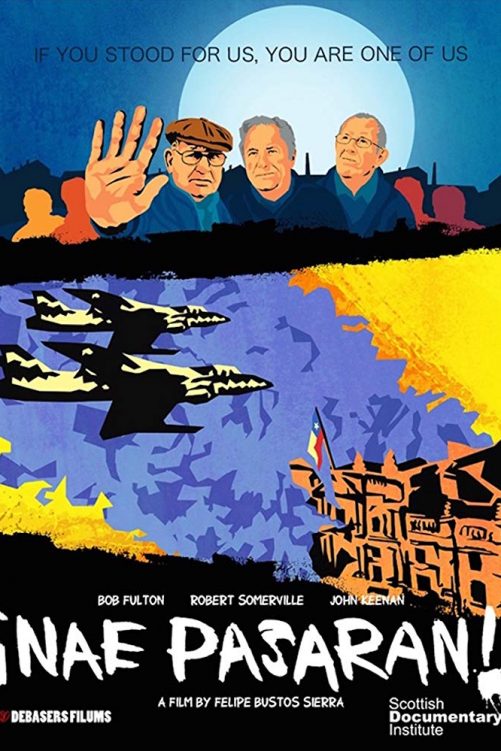





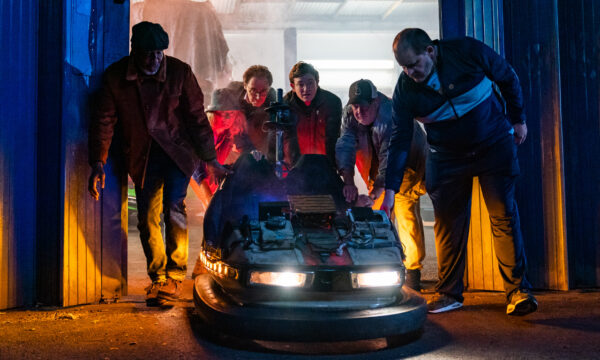
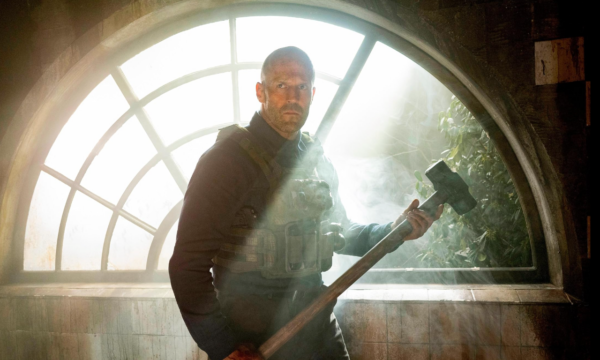
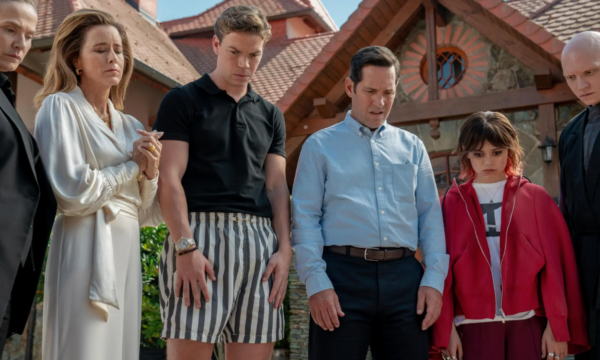








Facebook
Twitter
Instagram
YouTube
RSS